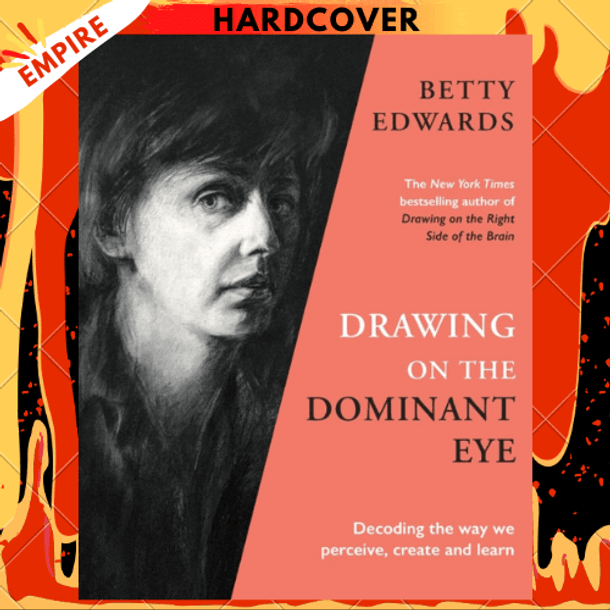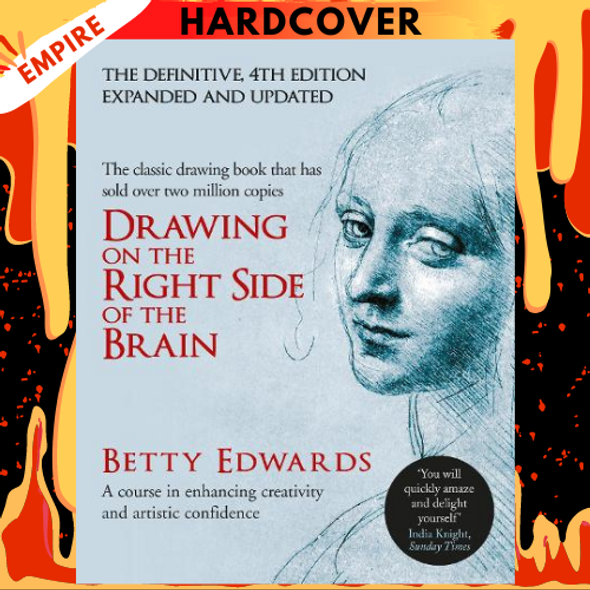Description
A fascinating follow-up to the beloved bestseller Drawing on the Right Side of the Brain—with new insights about creativity and our unique way of seeing the world around us
Millions of readers have embraced art teacher Betty Edwards's Drawing on the Right Side of the Brain, from art students and teachers to established artists, corporate trainers, and more—all discovering a bold new way of drawing and problem-solving based on what we see, not what we think we see.
In this highly anticipated follow-up, Edwards illuminates another piece of the creativity puzzle, revealing the role our dominant eye plays in how we perceive, create, and are seen by those around us. Research shows that much like being right-handed or left-handed, each of us has a dominant eye, corresponding to the dominant side of our brain—either verbal or perceptual. Once you learn the difference and try your hand at the simple drawing exercises, you'll gain fresh insights into how you perceive, think, and create. You'll learn how to not just look but truly see.
Generously illustrated with visual examples, this remarkable guided tour through art history, psychology, and the creative process is a must-read for anyone looking for a richer understanding of our art, our minds, and ourselves.
Number of pages: 176
Dimensions: 236 x 200 x 22 mm
Millions of readers have embraced art teacher Betty Edwards's Drawing on the Right Side of the Brain, from art students and teachers to established artists, corporate trainers, and more—all discovering a bold new way of drawing and problem-solving based on what we see, not what we think we see.
In this highly anticipated follow-up, Edwards illuminates another piece of the creativity puzzle, revealing the role our dominant eye plays in how we perceive, create, and are seen by those around us. Research shows that much like being right-handed or left-handed, each of us has a dominant eye, corresponding to the dominant side of our brain—either verbal or perceptual. Once you learn the difference and try your hand at the simple drawing exercises, you'll gain fresh insights into how you perceive, think, and create. You'll learn how to not just look but truly see.
Generously illustrated with visual examples, this remarkable guided tour through art history, psychology, and the creative process is a must-read for anyone looking for a richer understanding of our art, our minds, and ourselves.
Number of pages: 176
Dimensions: 236 x 200 x 22 mm






